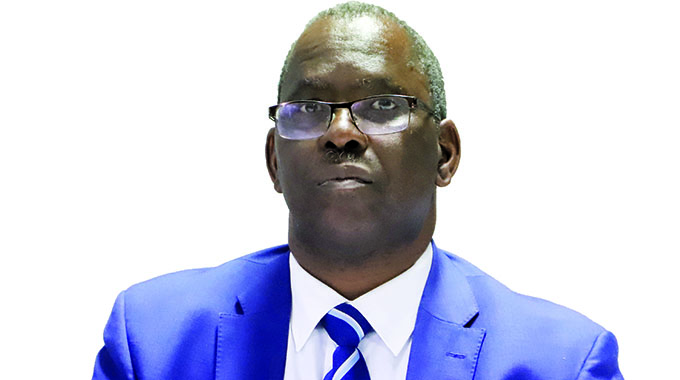‘Overhaul education to speed up growth’

Herald Reporter
Extensive reforms are required to translate Government’s education vision into a concrete set of programmes and projects to accelerate economic recovery and reduce socioeconomic disparities, the Zimbabwe Higher and Tertiary Education Sector Analysis Report has revealed.
The report, which was developed by the World Bank and the Ministry of Higher and Tertiary Education, Innovation, Science and Technology Department, acknowledges the ongoing reform efforts that the department has embarked on under the Education 5.0 strategy.
Education 5.0 aims to revitalise higher and tertiary education through the five pillars namely teaching, research, community service, innovation, and industrialisation.
The report also established that throughout the last decade, Zimbabwe had sustained a high level of public education spending, including spending on tertiary education, relative to the size of its economy.
However, macro-economic challenges in the last two years have seen significant decline in education spending both as a percentage of total Government expenditure and as a percentage of Gross Domestic Product.
Permanent Secretary in the Ministry of Higher and Tertiary Education, Professor Fanuel Tagwira yesterday said Government’s long standing commitment to education spending reflected the importance of human-capital development as a national cultural value.
“As we are fully cognisant of the ever-changing world in which we operate, we now seek to transform our tertiary education to meaningfully impact economic productivity and workforce skills development,” he said.
The education analysis underscores the recent World Bank Digital Economy Diagnostic for Zimbabwe launched in May, which revealed that Zimbabwe was facing a significant skills deficit in science and technology-linked job roles, including digital skills.
Studies on the digital transformation of the African economy stress the importance for Zimbabwe to further develop its science, technology, engineering and mathematics programmes.
World Bank Country Manager, Zimbabwe, Ms Mukami Kariuki said digital economies were energised when there was a sizeable population with basic digital skills and a critical mass of tech-savvy skilled personnel and advanced specialists that help to adapt and diffuse digital technologies across different sectors.
“Therefore, Zimbabwe requires focused effort on developing a digitally competent workforce and digitally literate citizens who could reap the benefits that the digital transformation can bring,” she said.








Comments